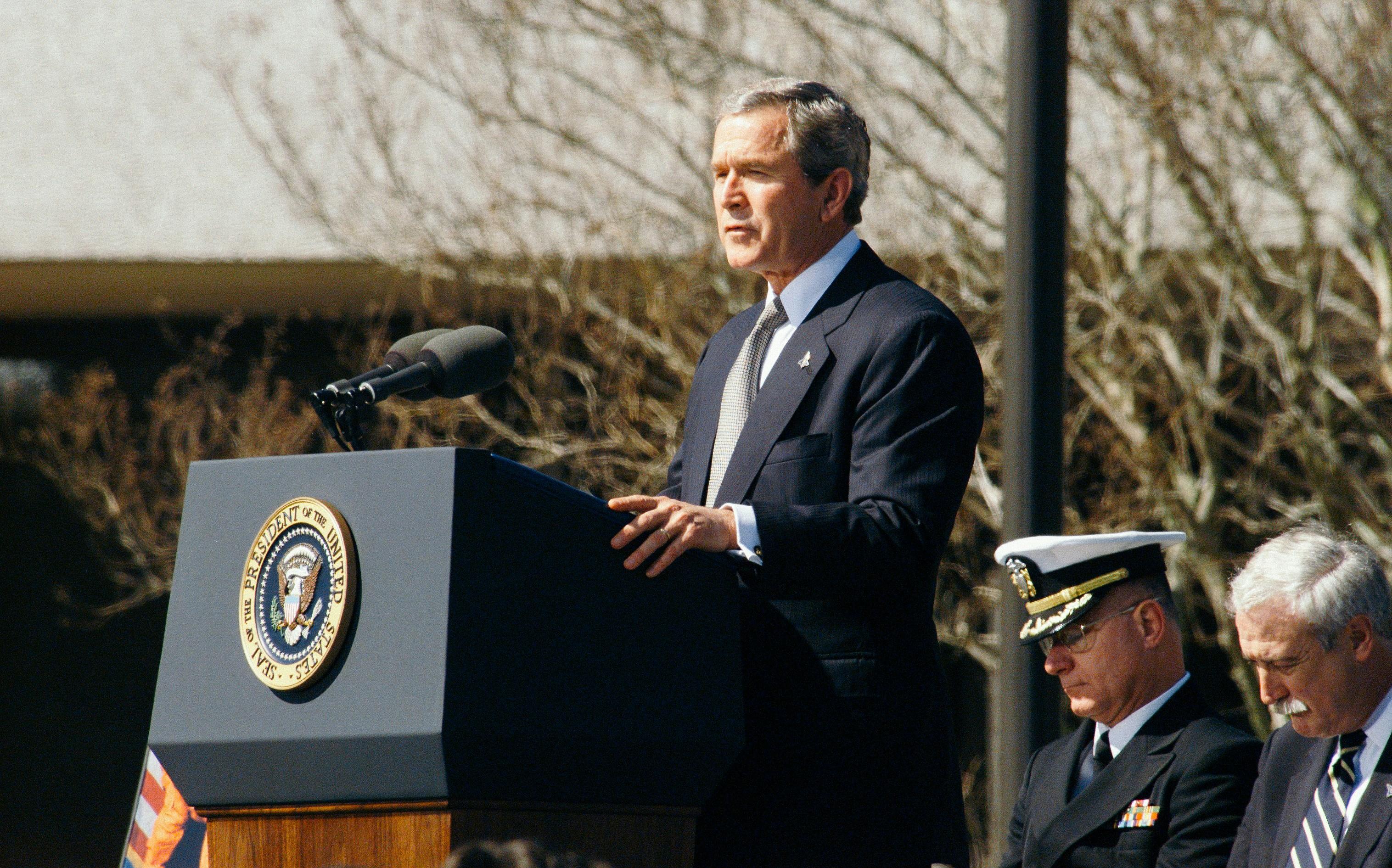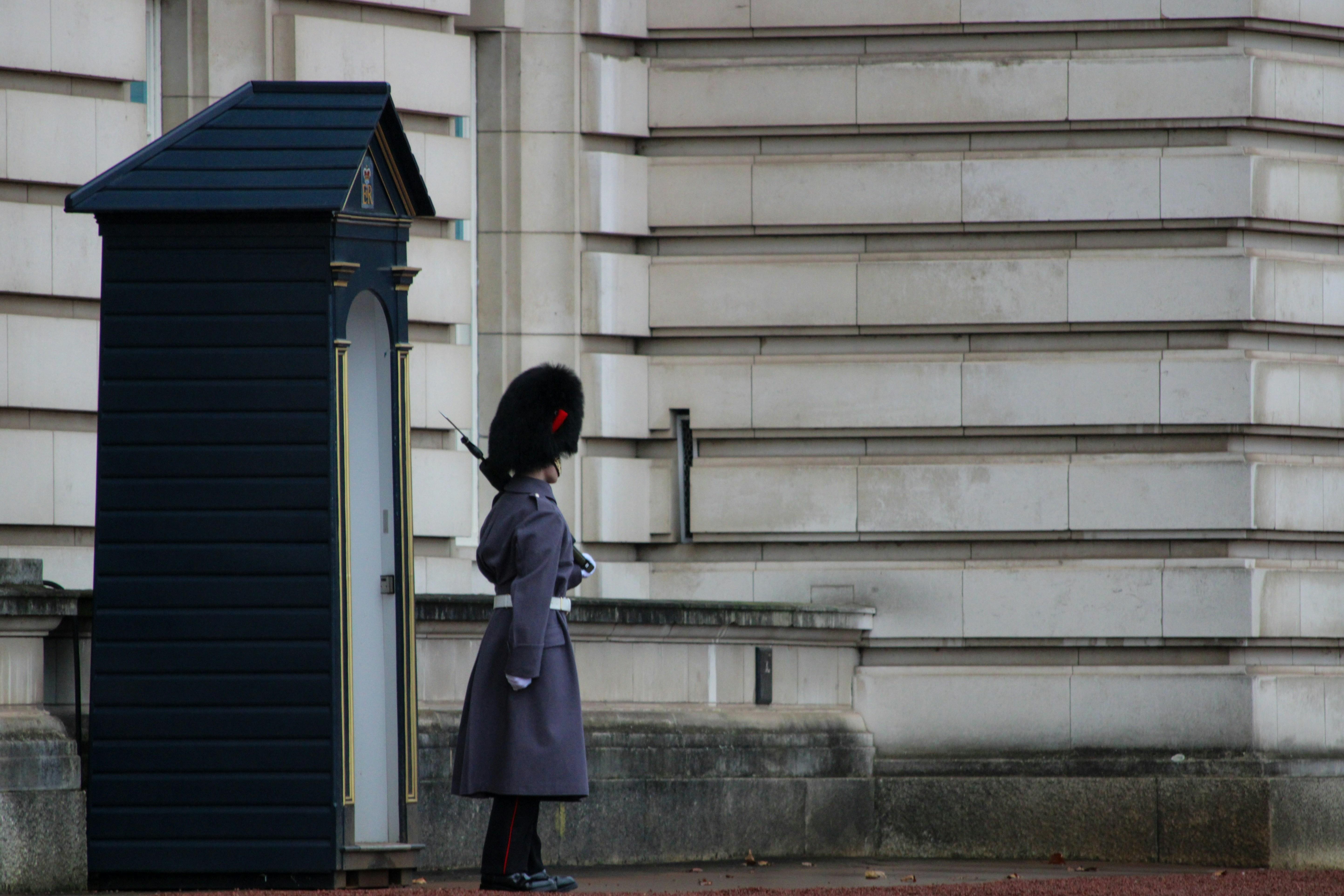The 2010 film The King’s Speech stands as a remarkable confluence of historical narrative and emotional exploration, offering audiences a profound insight into a pivotal moment in British history. Directed by Tom Hooper and featuring a compelling performance by Colin Firth as King George VI, the film delves into the personal struggles of a monarch grappling with a debilitating speech impediment amidst the looming shadows of World War II. Beyond its historical context, the film’s emotional depth is meticulously crafted through its exploration of themes such as vulnerability, resilience, and the transformative power of friendship. This analytical examination seeks to unravel the dual significance of The King’s Speech: its portrayal of a crucial period in history and its intimate depiction of personal triumph over adversity. Through this lens, we will explore how the film not only educates but also resonates on a deeply human level, making it a timeless piece of cinematic art.
Analyzing the Historical Context of The Kings Speech
The narrative woven in The King’s Speech is deeply embedded in the rich tapestry of historical events that shaped the early 20th century. At the heart of this tale is the transformative period of the 1930s and 40s, a time marked by seismic shifts in global politics and society. As the world stood on the brink of the Second World War, the role of leadership became paramount. The abdication crisis of 1936, which thrust George VI into a position he was neither prepared for nor desired, highlights the fragility of the monarchy amidst societal upheaval. This era was characterized by:
- The aftermath of the Great Depression and its profound impact on the British economy.
- The rise of fascism and the looming threat of Nazi Germany.
- Technological advancements, particularly in radio, which revolutionized communication.
The emotional depth of George VI’s journey is intricately tied to these historical contexts, portraying a personal struggle that mirrored the anxieties of a nation. His battle with a speech impediment, against the backdrop of a rapidly changing world, underscores the immense pressure faced by leaders to adapt and inspire. This narrative not only humanizes a monarch often perceived as distant but also reflects the universal quest for courage and resilience in the face of overwhelming odds.

Exploring the Emotional Layers within The Kings Speech
In delving into the emotional layers of The King’s Speech, one uncovers a rich tapestry of human vulnerability, resilience, and triumph. The film offers a profound exploration of King George VI’s internal struggles, particularly his battle with a debilitating speech impediment that threatens to undermine his confidence and authority. At its core, the narrative is not just about overcoming a personal challenge but about the universal quest for self-acceptance and the courage to confront one’s deepest fears. This journey is meticulously portrayed through the nuanced performance of Colin Firth, whose portrayal brings to life the king’s quiet determination and the psychological toll of his public role.
- Vulnerability: The portrayal of King George VI highlights the raw vulnerability of a man in a position of power grappling with personal insecurities.
- Resilience: His determination to overcome his speech impediment serves as a testament to human resilience and the relentless pursuit of self-improvement.
- Interpersonal Relationships: The film underscores the pivotal role of relationships, particularly the supportive and unconventional bond with his speech therapist, Lionel Logue.
Through these elements, the film transcends its historical setting to offer a compelling study of the emotional complexity inherent in leadership and personal growth. It invites viewers to reflect on the intricate interplay between personal challenges and public expectations, offering a poignant reminder of the strength found in vulnerability and the transformative power of perseverance.
The Impact of The Kings Speech on Modern Cinema
The film The King’s Speech stands as a pivotal work that has significantly influenced modern cinema through its masterful blend of historical narrative and profound emotional depth. Its success lies in the ability to capture the nuanced struggles of King George VI, offering audiences a deeply personal look at the challenges faced by individuals in positions of power. The film’s meticulous attention to detail in portraying the era’s socio-political climate has set a new standard for historical accuracy in biographical films.
- Character Development: By focusing on the internal conflicts and vulnerabilities of its protagonist, the film has inspired a wave of character-driven storytelling in the film industry.
- Cinematic Techniques: Its use of close-up shots and muted color palettes to convey emotion has been emulated by filmmakers aiming to create intimate and immersive experiences.
- Sound Design: The emphasis on speech and sound highlights the transformative power of dialogue, influencing how sound is used to enhance narrative depth in contemporary cinema.
The King’s Speech has reshaped the landscape of modern cinema by demonstrating that films grounded in historical context can still resonate deeply on an emotional level. This blend of authenticity and empathy continues to inspire filmmakers to explore complex human stories within historical frameworks.

Recommendations for Understanding The Kings Speech in Historical Studies
Delving into “The King’s Speech” requires a nuanced approach that considers both its historical context and the personal struggles it depicts. To fully appreciate the film’s significance in historical studies, one should focus on several key aspects:
- Contextual Analysis: Examine the period of the late 1930s and early 1940s, marked by political tension and the looming threat of World War II. Understanding the societal expectations and pressures faced by King George VI can provide deeper insight into his personal challenges and the film’s narrative.
- Character Study: Analyze the portrayal of King George VI, emphasizing his journey from insecurity to confidence. Investigate how his speech impediment symbolized broader themes of leadership and vulnerability, reflecting the emotional depth that underpins his public persona.
- Interpersonal Dynamics: Consider the relationship between King George VI and Lionel Logue. Their partnership is a focal point of the film, illustrating themes of friendship, trust, and perseverance against adversity.
By focusing on these elements, scholars can better understand how “The King’s Speech” intertwines personal triumph with historical narrative, offering a rich tapestry for analysis in historical studies.
